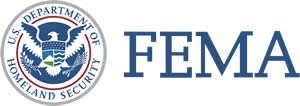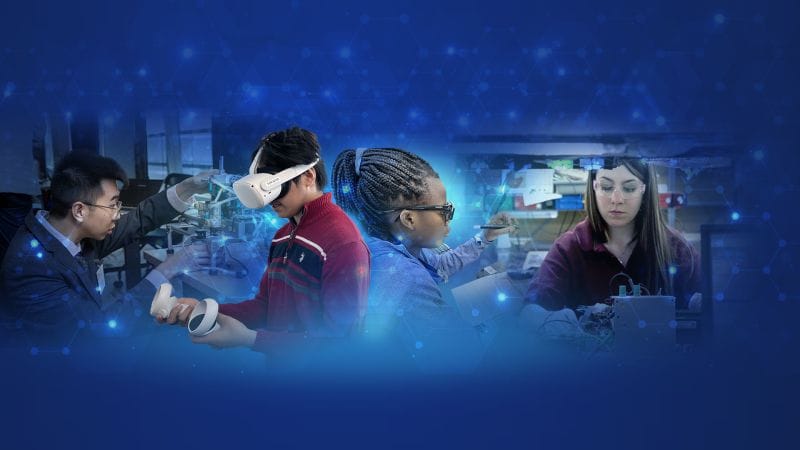RSS feed source: Federal Emergency Management Agency
Reno, Nevada – The Federal Emergency Management Agency (FEMA) has delivered preliminary flood maps for Washoe County, the cities of Reno and Sparks, the Pyramid Lake Paiute Tribe, and the Reno-Sparks Indian Colony, Nevada. The maps identify revised flood hazards along 64 streams throughout Washoe County. The new maps will help building officials, contractors, and homeowners make effective mitigation decisions, thereby contributing to safer and more disaster resilient communities.
Before the new Flood Insurance Rate Maps (FIRMs) become effective, there is a 90-day appeal period from September 18, 2025 to December 17, 2025. During that time, residents or businesses with supporting technical and scientific information, such as detailed hydraulic or hydrologic data, can appeal the flood risk information on the preliminary maps, which can be viewed at hazards.fema.gov/femaportal/prelimdownload/.
Flood hazards are dynamic and change frequently for many reasons, including weather patterns, erosion, and community development. Officials from FEMA and Washoe County worked together to provide updated information that accurately reflects the flood risk. These changes may also affect future building standards or insurance requirements.
The local mapping project is part of a national effort led by FEMA to increase local knowledge of flood risks and support actions to address and reduce the effects of flooding on new and improved structures. FEMA encourages residents to review the preliminary flood maps to learn about local flood risks,
Click this link to continue reading the article on the source website.

